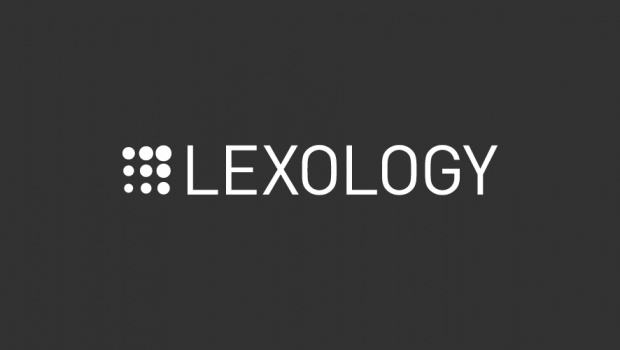All questions
Overview
Bahrain continues to be a regional hub for information and communications and other technological innovations, with the Bahrain government (primarily through the work of the Bahrain Economic Development Board) seeking to attract and maintain a dynamic technology sector as part of its 2030 Vision Strategy.
The Bahrain government has further indicated its desire to increase the digitalisation of the Bahrain economy through the publication of the Fifth National Telecommunications Plan, which prioritised the transformation of Bahrain's communication sector to fuel an uptake in next-generation technological services. The Sixth National Telecommunications Plan (expected in late 2022 or early 2023) will undoubtedly seek to build on these innovations. In addition, the Central Bank of Bahrain (CBB) has, since 2019, promoted an open-minded approach to fintech innovation and cryptocurrency offerings through thoughtful and progressive amendments to the licensing regimes operated under the requirements of the CBB Rulebook.
In recent years, these endeavours have been augmented with new legislation, in particular Legislative Decree No. 56 of 2018 in Respect of Providing Cloud Computing Services to Foreign Parties; Legislative Decree No. 54 of 2018 Promulgating the Electronic Communications and Transactions Law; and Law No. 30 of 2018 with respect to Personal Data Protection (the Data Protection Law).
Further, the decision by the Bahrain government to undertake the structural separation of the former incumbent telecommunications operator Batelco into two entities – the Bahrain Broadband Network (BNet) and Batelco (as a provider of retail services only) – indicates a further step towards creating a technologically advanced economy in line with regional competitors.
Despite this broad diversification, the most common causes of action in technology disputes tend to be for traditional contract-based disputes, such as breach of warranty or failure to supply services (software design and licensing in particular). Disputes often involve claims in relation to defective technology or products, or a party not complying with their payment obligations (particularly in respect of licensing) or not performing their obligations in accordance with the contract.
There is no bar to non-contractual claims in Bahrain. These can include claims (e.g., negligence, misrepresentation and pre-contractual misrepresentation), or claims in respect of restitution or unjust enrichment. Traditionally, Bahraini courts have been willing to entertain a wider gambit of claims, and 'strike outs' of these claims at an early stage are rare.
Bahrain does not have any legislation specific to business purchases of hardware, software or associated licences. Legislative Decree No. 19 of 2001 on the Issuance of the Civil Law (the Civil Code) governs and provides for the general principles of contract. Article 128 of the Civil Code specifically refers to the principle that agreements must be kept – namely, that the contract's provisions are deemed the law between the parties. Article 129 of the Civil Code further states that the parties must comply with the requirements of good faith and honesty.
Intellectual property disputes are traditionally dealt with through a complaint to the Foreign Trade and Industrial Property Directorate at the Ministry of Trade and Industry (MOTI), which has wide-ranging enforcement powers.
Civil claims for such breaches are rare because of the powers of the MOTI, but Bahrain has a number of laws governing intellectual property rights that include, among others:
- Legislative Decree No. 22 of 2006 with respect to the Protection of the Author's Rights and Attendant Rights Law;
- Law No. 18 of 2012 with respect to Trade Names;
- Law No. 1 of 2004 with respect to Patents and Forms of Benefit; and
- Law No. 6 of 2014 with Approval of Trademarks Law (Regulation) of the Cooperation Council of the Arab States of the Gulf.
Civil and criminal claims are possible under the provisions of these (and other) statutes through the high courts and there is no specialist court managing intellectual property disputes. However, because of the cost and time of prosecuting such, the MOTI is usually the preferred route for claimants, save for exceptional circumstances.
There are several laws that govern confidentiality and data protection, such as the Data Protection Law, which recently came into effect as the main data protection law in Bahrain, and Law No. 7 of 2003 on Trade Secrets.
However, courts may, in certain situations, request that parties disclose information that may be deemed confidential, such as information covered by non-disclosure agreements.








Gloss